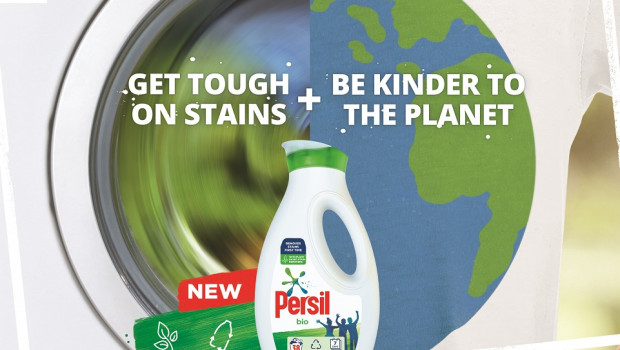Unilever returns to volume growth; Unveils €1.75bn buyback

Consumer goods giant Unilever announced a €1.5bn share buyback as it reported a return to volume growth in the final quarter of 2023, although the result was described as "disappointing" by its chief executive.
FTSE 100
8,084.61
17:04 20/12/24
FTSE 350
4,463.29
17:14 20/12/24
FTSE All-Share
4,421.11
17:04 20/12/24
Personal Goods
15,531.92
17:14 20/12/24
Unilever
4,559.00p
16:40 20/12/24
Fourth-quarter underlying sales rose by around 5%, in line with forecasts, while underlying price growth was 2.8%, and goods sold increased by a better-than-expected 1.8% and 0.2% for the year, the first improvement since the second quarter of 2021 - although it did mean that 6.8% of the annual 7% rise in sales growth came from price increases.
Annual pre-tax profit at the maker of Dove soap and Cornetto ice-cream fell to €9.3bn last year from €10.3bn. Turnover came in at €9.7bn from €10.75bn as consumers tightened their belts and turned to cheaper alternatives in response to surging inflation.
Manufacturers and retailers have faced claims of "greedflation" - essentially profiteering - and, more- recently, "shrinkflation" where the size of products has been reduced but prices still rise, in effect "less for more".
“We expect underlying sales growth for 2024 to be within our multi-year range of 3% to 5%, with more balance between volume and price,” the company said on Thursday.
Chief executive Hein Schumacher said despite margins rebuilding “our competitiveness remains disappointing and overall performance needs to improve”.
Schumacher in October started a turnround plan for the company by initially focusing on its 30 biggest product lines - dubbed power brands - which represent around 70% of group turnover.
“We anticipate a modest improvement in underlying operating margin for the full year. We will deliver this through gross margin expansion, driven by a step-up in productivity and net material inflation back to more normal levels.”
Underlying price growth decelerated from 10.7% in the first quarter to 2.8% by the final three months 0f 2023, reflecting lower net material inflation in the second half. Nutrition and Ice Cream faced the highest input cost inflation in 2023 which translated into higher pricing.
"There’s still a long way to go before Unilever’s refreshed leadership team can call mission complete on the turnaround. Competitiveness remains an issue, with only a little over a third of the portfolio gaining market share over the year," said Matt Britzman, equity analyst at Hargreaves Lansdown.
"There are clear signs of progress, but even if the new strategy can deliver it’s only expected to return the group to sustainable growth within the old 3-5% range. Unilever remains a high-quality, cash-generative business. But the valuation, while under some pressure recently, is by no means cheap. Is the new strategy going to be enough to drive a longer-term valuation jump? Perhaps not.”
Reporting by Frank Prenesti for Sharecast.com